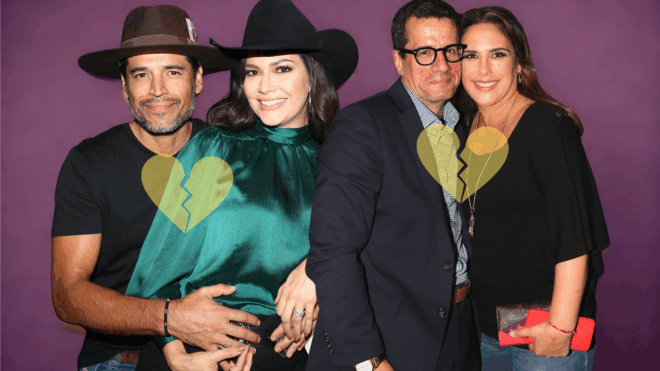Recently the Nielsen Company released a research study entitled "The Latina Power Shift" concluding that in the last decade Latinas have made significant strides in the educational, financial and political realms, outpacing previous generations, Latino males and even Anglo (non-Latina) females. The study points to key contributors like record enrollment of Latinas in colleges, a substantial increase in the number of Latinas entering the workforce and starting their own businesses as well as higher earnings (many becoming breadwinners in the Latino household).
Read more: ¿Qué más?: An open letter to every Mama Latina sending her daughter off to school
The study also makes reference to a shift in the mindset of Latinas that has contributed to her success–such as her embrace of (and even the ability to leverage) her *ambiculturalism–*the willingness and ability to function in two cultures (and languages) as well as a move away from traditional gender roles. It's not that I disagree with the key findings of this study but in my opinion these results do not represent the majority of Latinas.
I believe that a large segment of the Latina population is being held because of the highly traditional Latin values and traditions that they are still holding on to. It's hard to defy our familias and the values and priorities that we've grown up with–the importance that we place on parenting, homemaker and caregiver above anything else; the belief that the Latino males (husband and brothers) hold the power and the main responsibility to provide for their families. Unless we loosen or shed some of these traditional beliefs and values, Latinas will continue to lag behind non-Latinas in education and financial attainment.
Read more ¿Qué más?: Why do some Latinas choose to ditch their maiden name?
My opinion is not only based on hard data that shows that there is still a big gap between Latinas and Anglo females but it is also based on many of the conversations I see in the MamasLatinas community, especially among Spanish-speaking Latinas. It's apparent in the way that they speak about their husbands, their relationship with their husbands and their roles in the household. Many of our mamas Latinas still place a higher value on a woman's traditional roles and responsibilities at the expense of education and career advancement.




